Featured Composers
Periodically we feature a particular composer who warrants attention. Featured composers are those whose music has yet to attract significant attention, for a variety of reasons. Below the currently featured composer are those whom we have featured in the past.
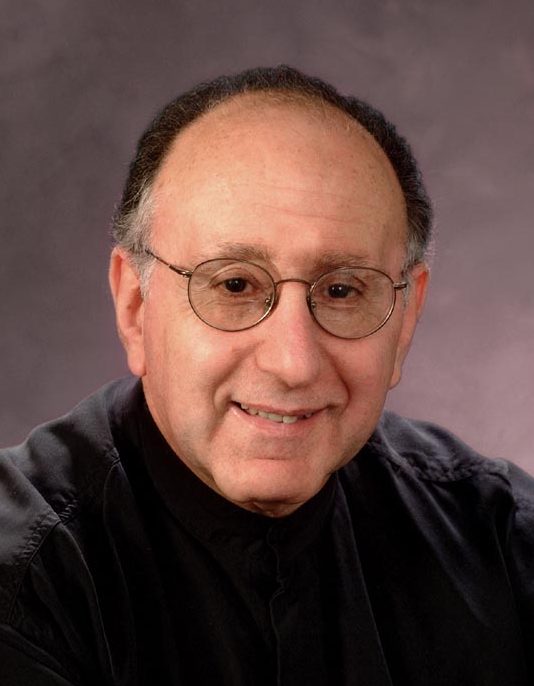
Stephen Dankner
Born in 1944, is a prolific composer who earned a doctorate in composition from the Juilliard School. Among his teachers were such distinguished traditionalists as Paul Creston and Vincent Persichetti.
Previously Featured Composers

JOLY BRAGA SANTOS
The music of Braga Santos falls into two creative phases: the first, lasting until around 1960, the second beginning several years later, after a period of reflection during which he suspended creative activity.
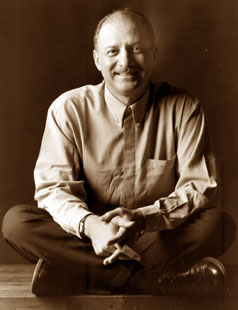
DANIEL CATÁN
Despite his rigorous training in the principles and techniques of serialism, most of Catán’s music is readily characterized as “neo-romantic.” Although he has composed in many different forms, he has devoted particular attention to opera, and it is his works in this genre that have been building his reputation
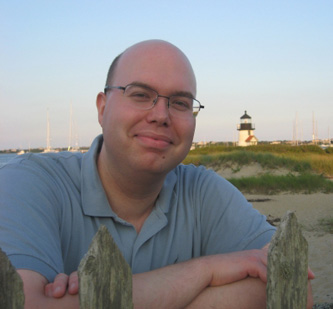
CARSON COOMAN
Cooman’s music reflects his non-ideological attitude, and ranges from the touchingly simple and diatonic (such as the song linked below) to a variety of atonal approaches.
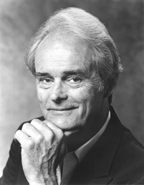
LEE HOIBY
Born in Wisconsin, Hoiby originally intended to be a concert pianist. However composition became increasingly important to him, until he entered the Curtis Institute as a composition major.

SAMUEL JONES
Samuel Jones is one of the few American composers who have brought traditional neo-romanticism—the aesthetic creed of composers like Howard Hanson, Samuel Barber, and others featured on this Web site—into the 21st century.
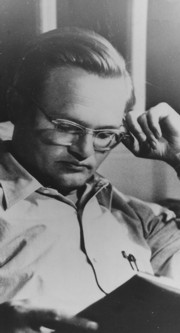
Robert Kurka
Kurka is one of those composers with such a strongly individual voice that his music is instantly recognizable as his own. The most obvious influence on his style is Prokofiev, whose musical fingerprints are often clearly apparent.
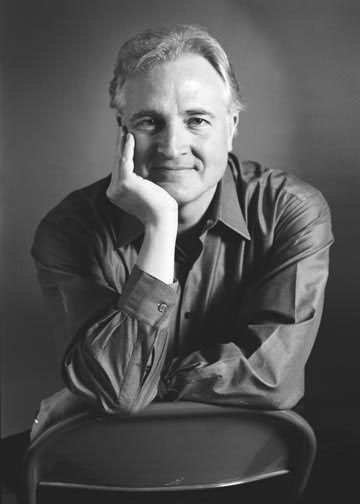
PAUL MORAVEC
What is striking about Moravec’s music is that it reveals clear tonal centers and uses a harmonic language that is often quite consonant, yet his work is unmistakably identifiable as stemming from the turn of the 21st century, without the obvious influence of antecedent composers
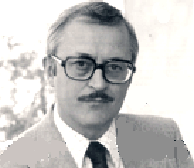
ROBERT MUCZYNSKI
Born in Chicago in 1929, Muczynski has lived for more than forty years in Tucson, where he was composer-in-residence at the University of Arizona. Muczynski has concentrated largely on music for piano solo and for small chamber combinations.
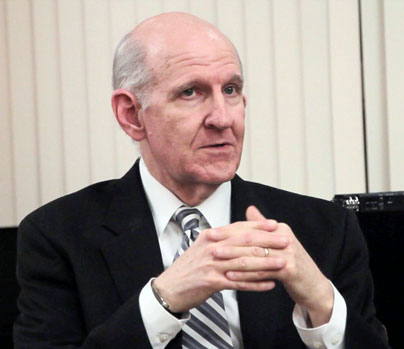
DAVID OWENS
Owens was born in 1950, and grew up in southern Texas, earning degrees at both the Eastman School of Music and the Manhattan School of Music. In addition to composing, Owens has also been active as a pianist, organist, and conductor.
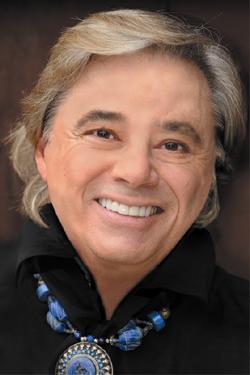
THOMAS PASATIERI
One of America’s most prolific and successful opera composers, the career of Thomas Pasatieri has followed a most unusual path. Born in New York City in 1945, he became the first to receive a doctorate in composition from the Juilliard School
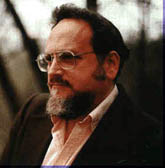
ARNOLD ROSNER
Rosner was born in New York City in 1945, and has lived and worked there for most of his life. Over the years he has accumulated a body of music now amounting to more than a hundred works in virtually all media, including two operas, six symphonies, and five string quartets.
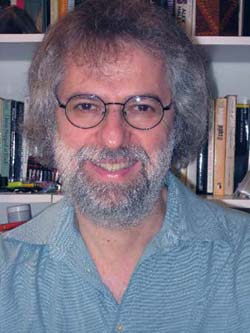
SAMUEL ZYMAN
Samuel Zyman is one of today’s leading composers whose music follows traditional formal and developmental practices. Born in Mexico City in 1956, Zyman came to the United States in 1981, and entered the Juilliard School, where he studied with Stanley Wolfe, Roger Sessions, and David Diamond